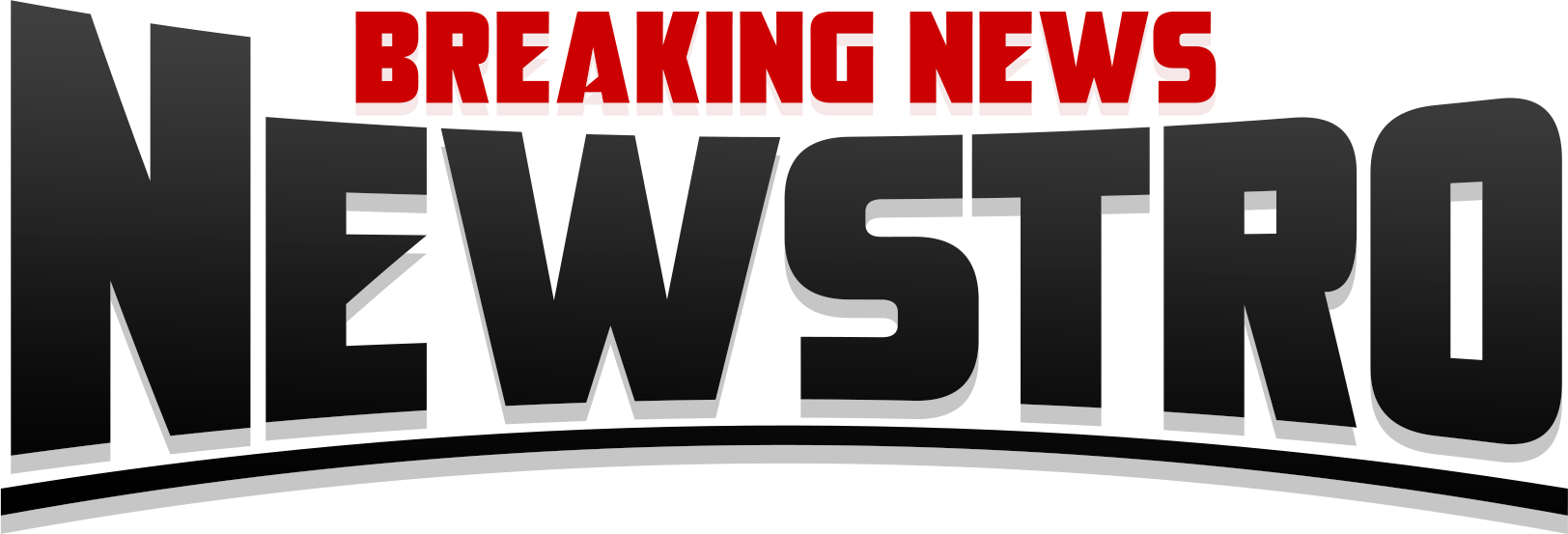With the rise of online learning, a hidden market on social media platforms has emerged, where individuals offer services to complete online coursework for students. TikTok, among other platforms, has been a hub for such services, leading to concerns about academic integrity.
Quick Facts
- Online Cheating: Critics highlight that online courses, especially those taken at home, provide opportunities for students to cheat using search engines or by paying others to complete their assignments.
- Social Media Platforms: Accounts on TikTok, Instagram, Telegram, and Discord have been found offering academic cheating services.
- Response from TikTok: After being flagged by Chalkboard, TikTok removed several videos and accounts that advertised cheating services.
Chalkboard’s review of TikTok revealed accounts offering to complete courses from providers like Edmentum and Edgenuity for a fee. Some users even specified the cost in the video comments. While TikTok has taken action against some of these accounts, others remain active.
Brainly, a popular online platform for student questions and answers, has been used by students to cheat. Although Brainly has an honor code prohibiting direct test questions, critics argue that the platform still facilitates cheating. Brainly compared using search engines to traditional methods like referring to textbooks.
Jeremy Noonan, a former public school teacher, has raised concerns about the vulnerabilities of online courses, particularly from Edmentum. He demonstrated how students could cheat by copying questions and finding answers on Brainly. In one instance, a student completed an Algebra pretest in under 18 minutes, scoring 97%.
As online learning continues to grow, the challenges of ensuring academic integrity become more pressing. Platforms and educators must find effective ways to combat cheating while still providing students with the resources they need to succeed.
Original article source: Washington Examiner
